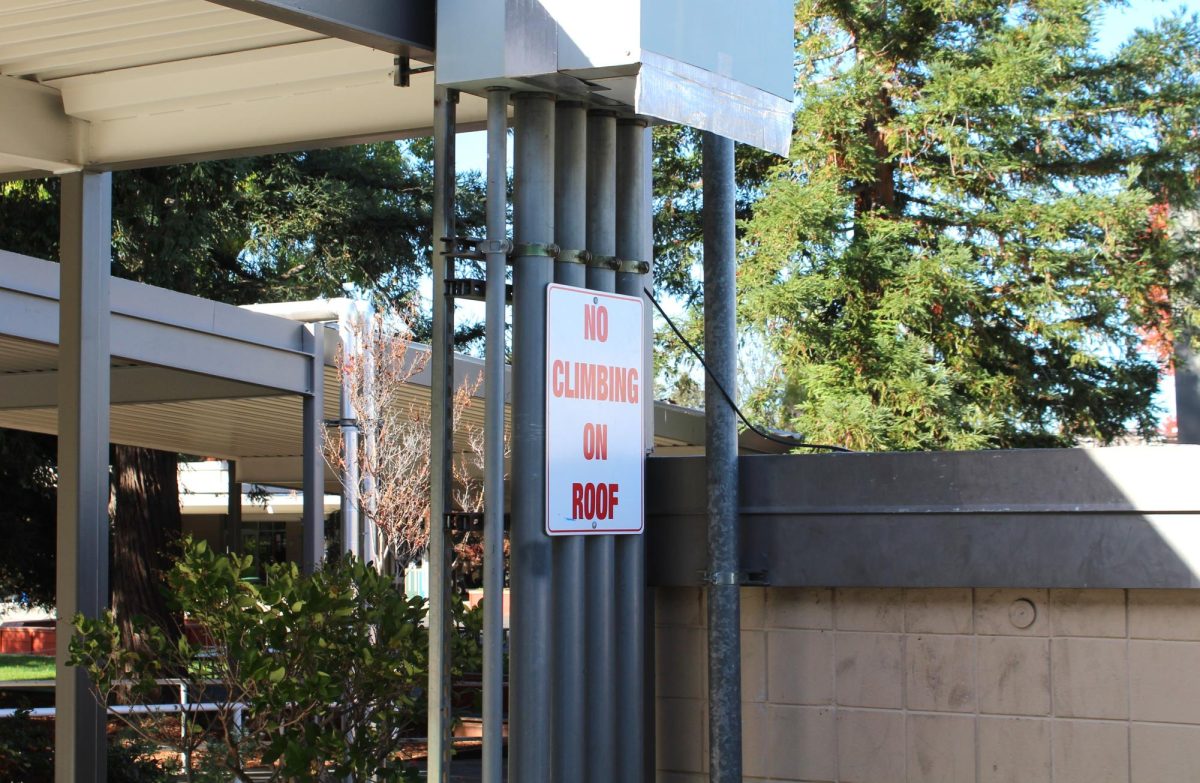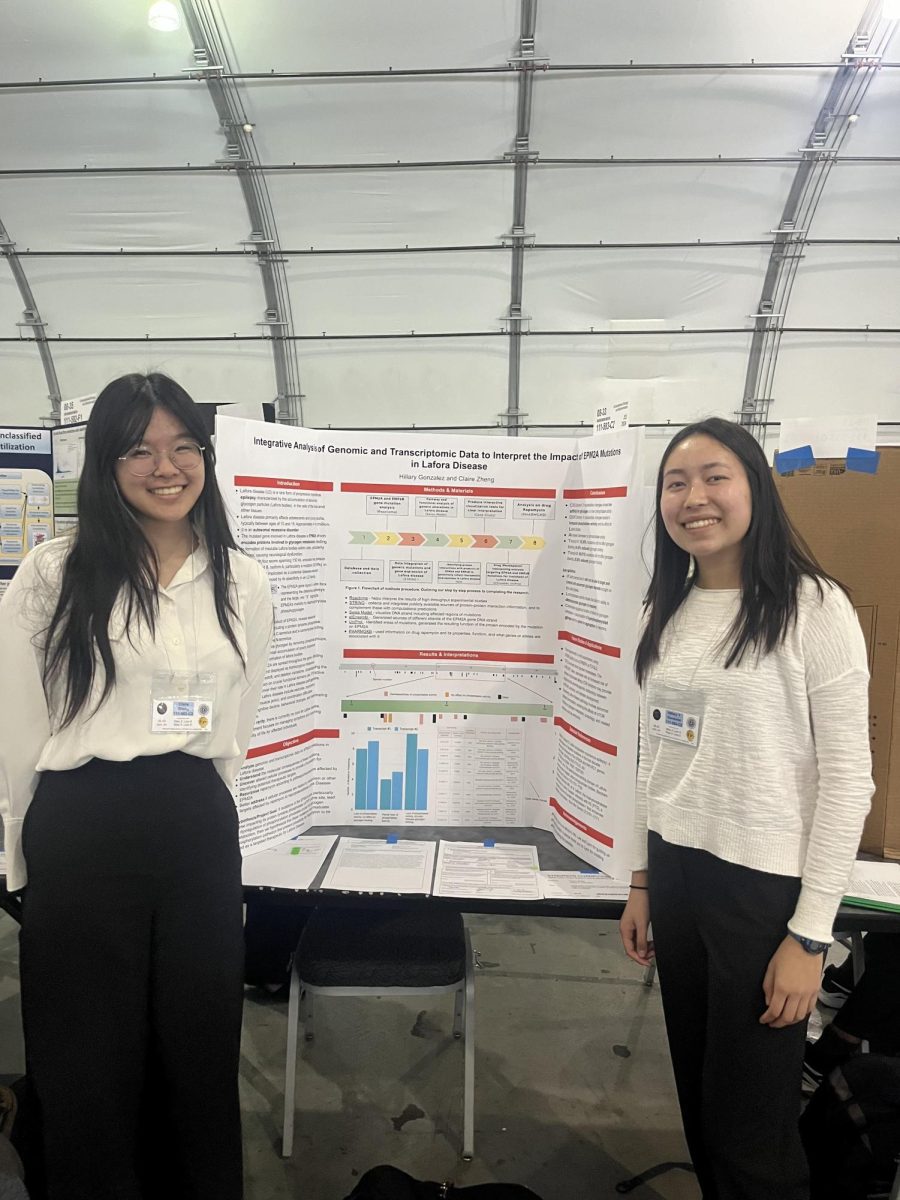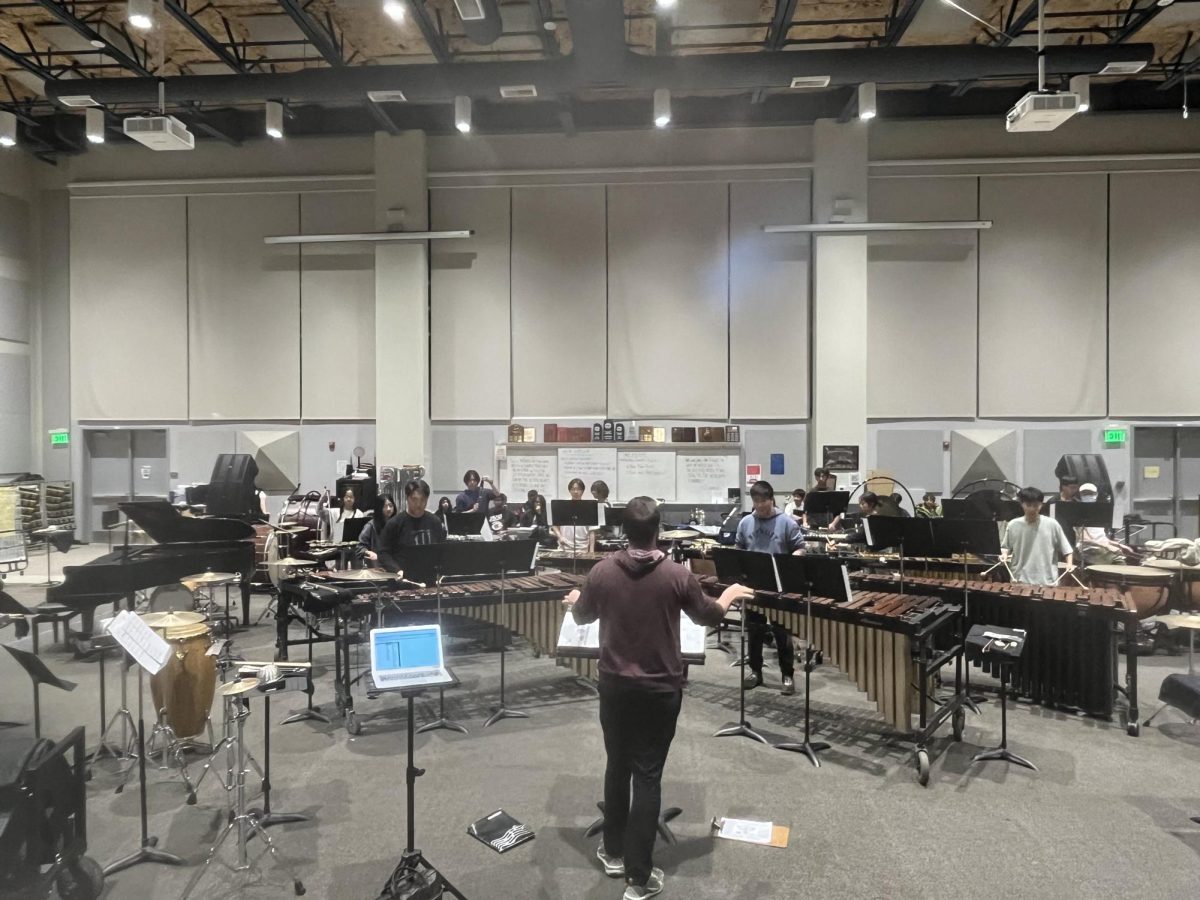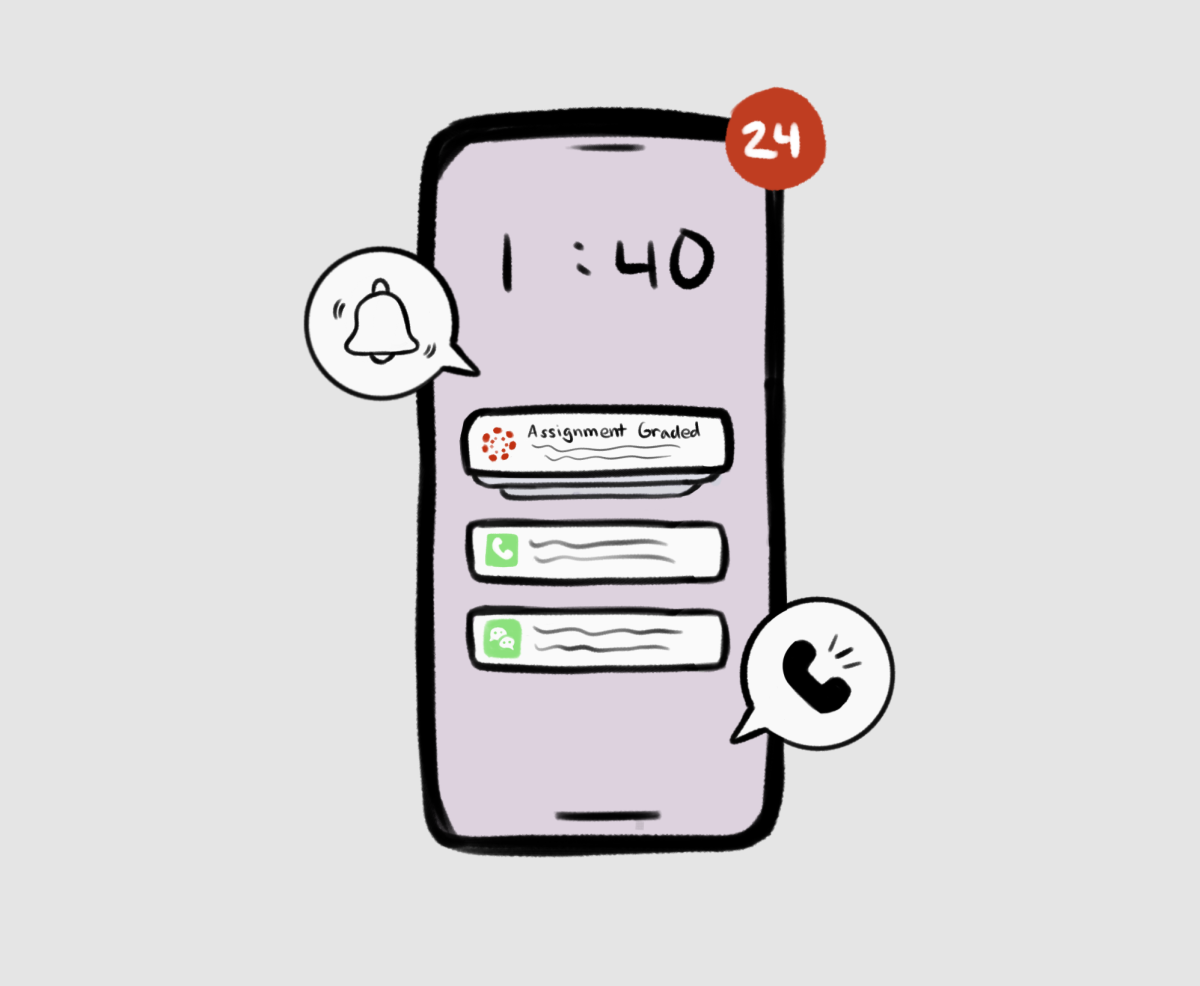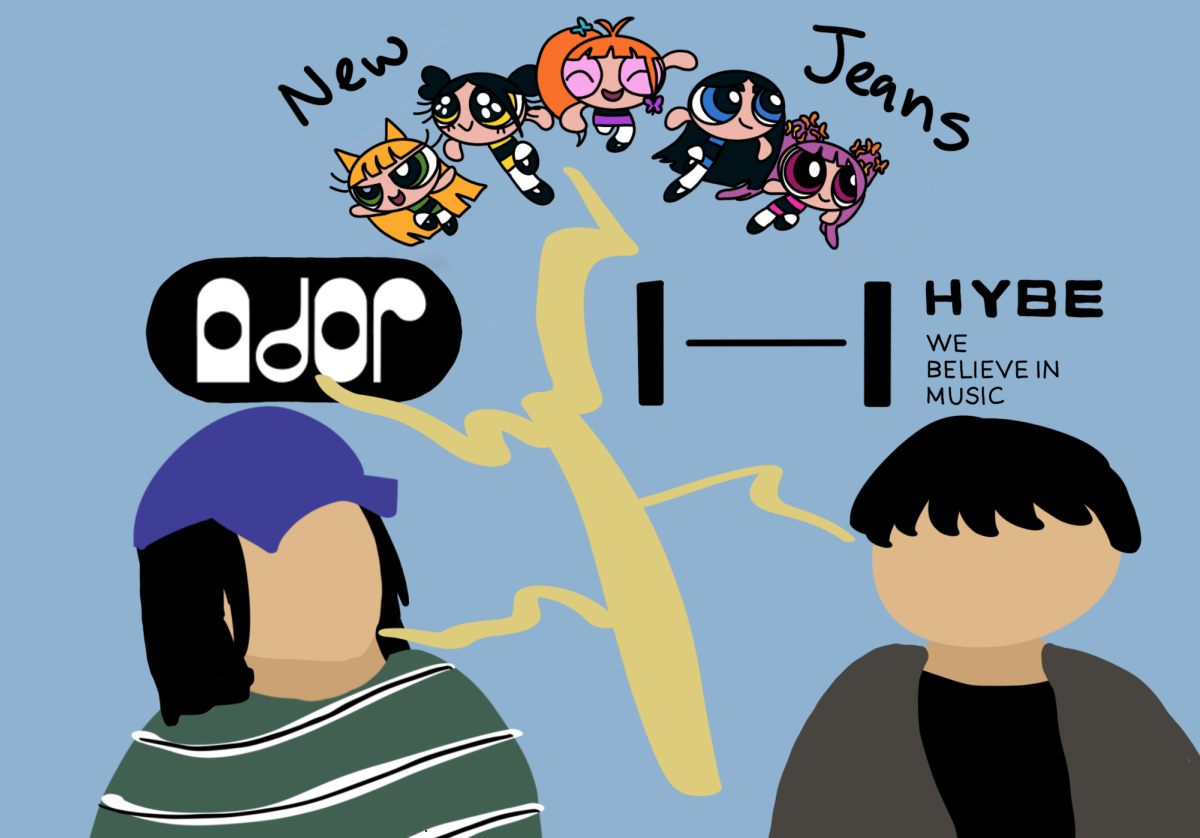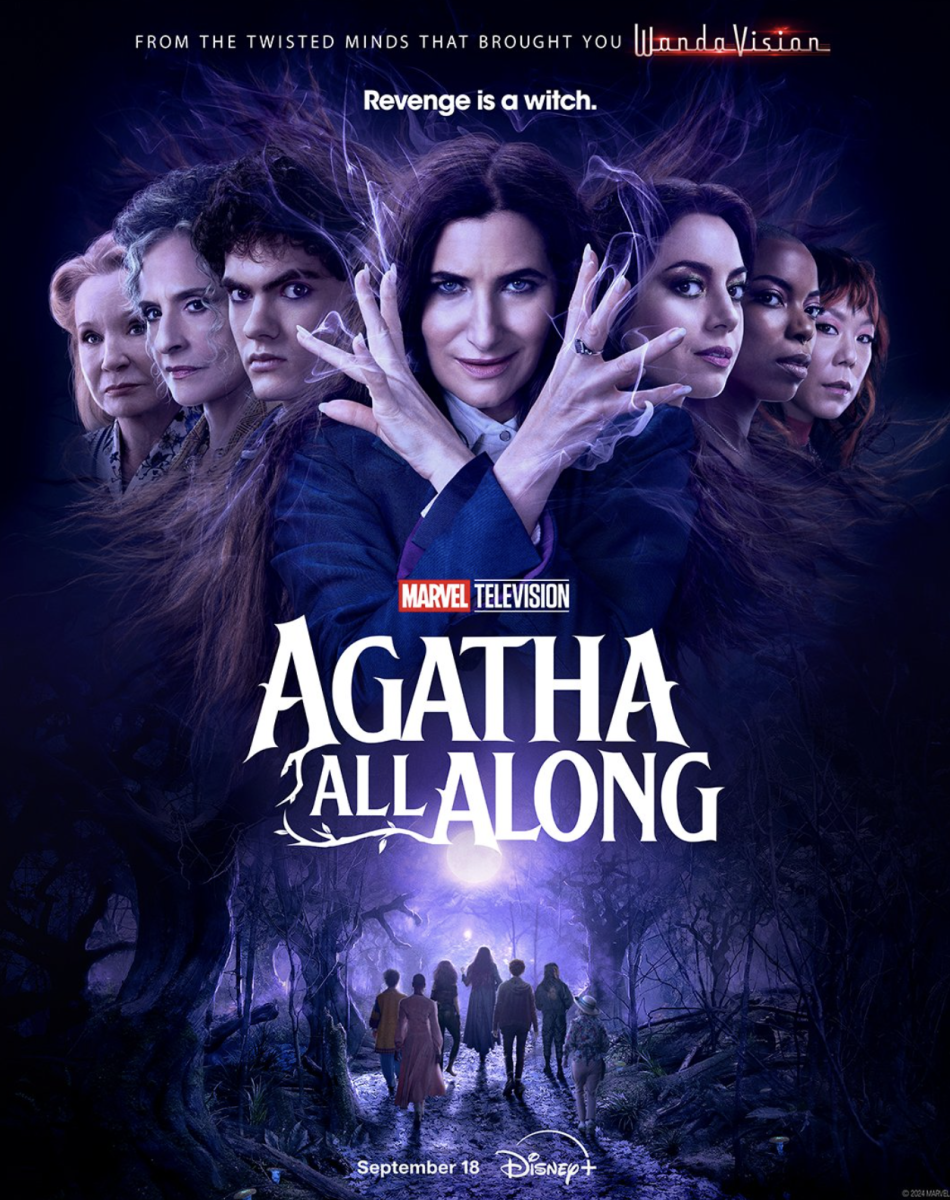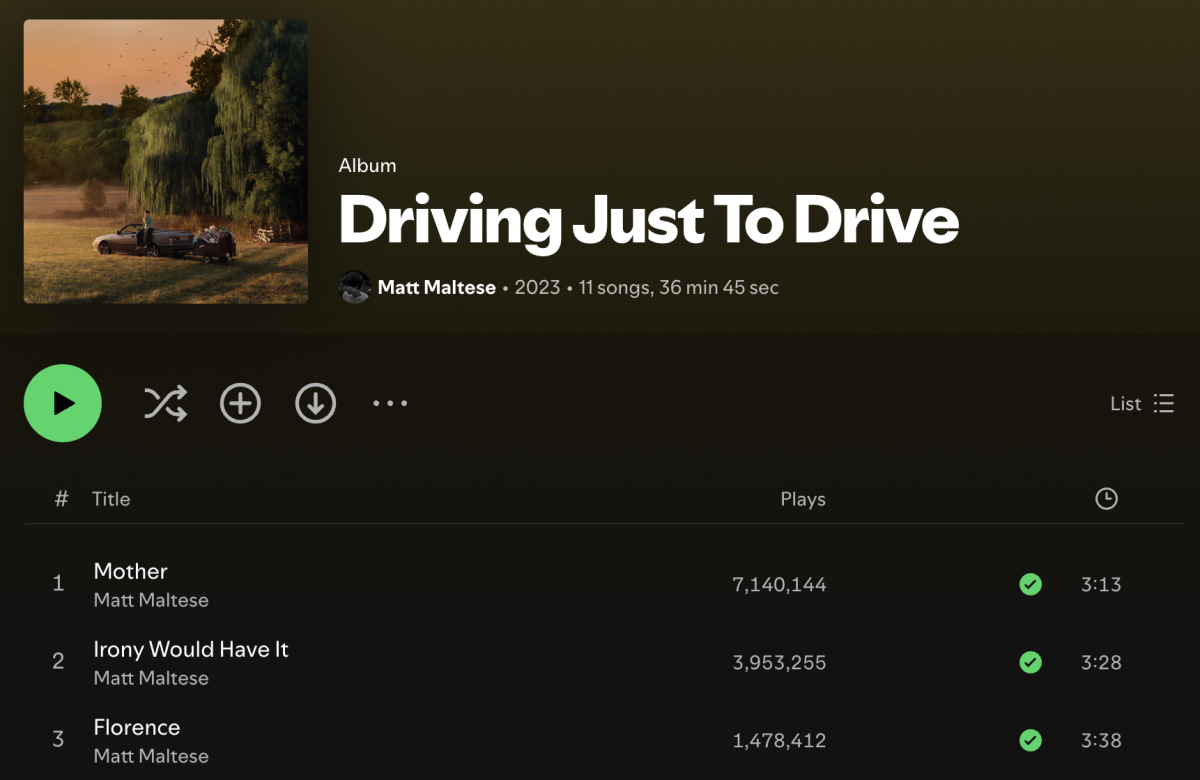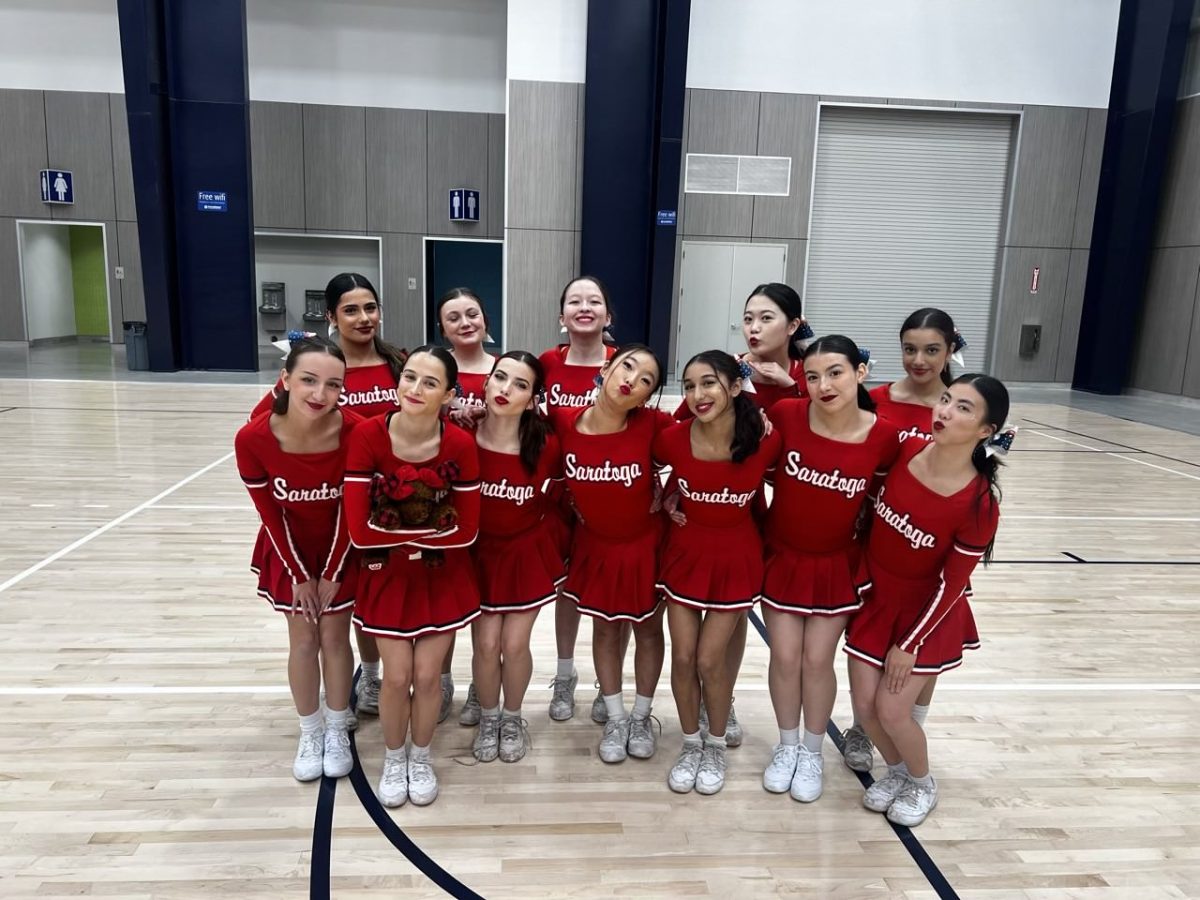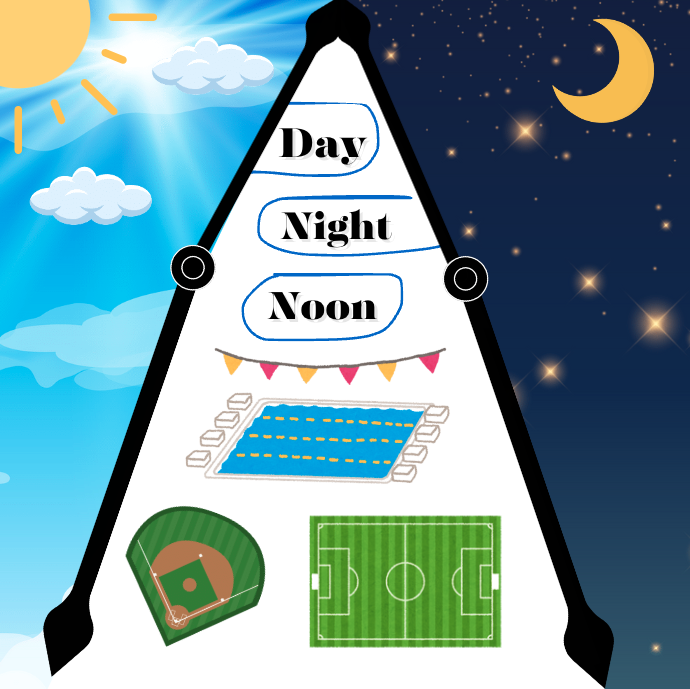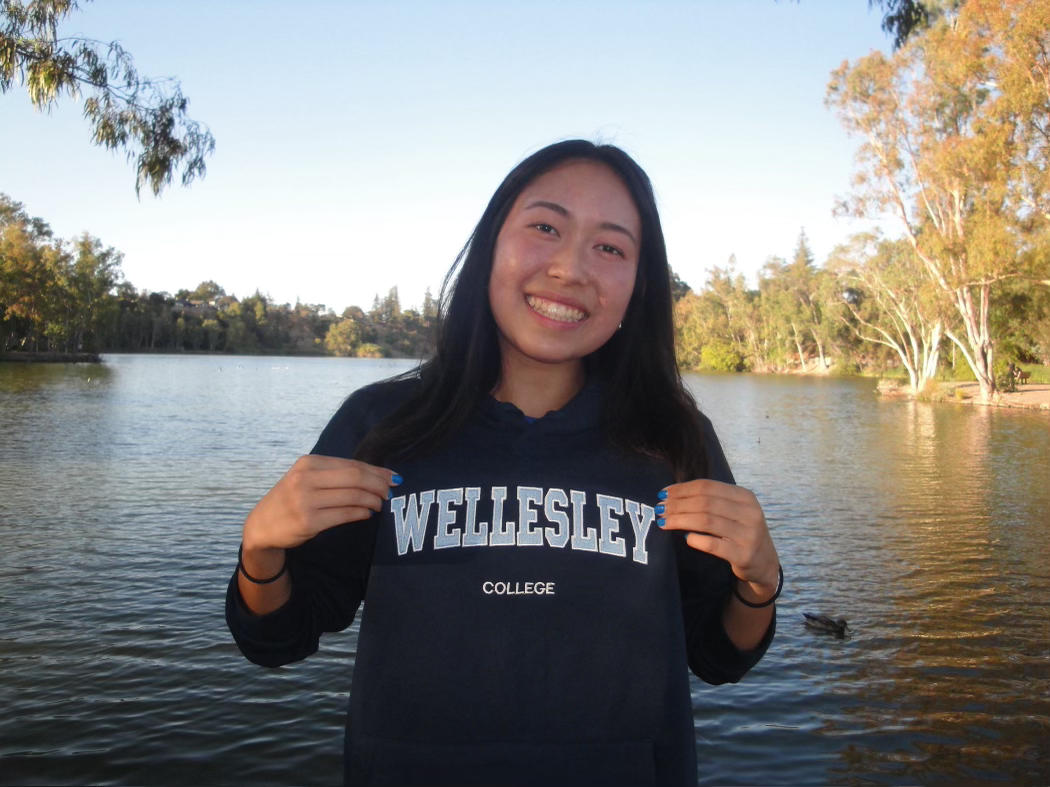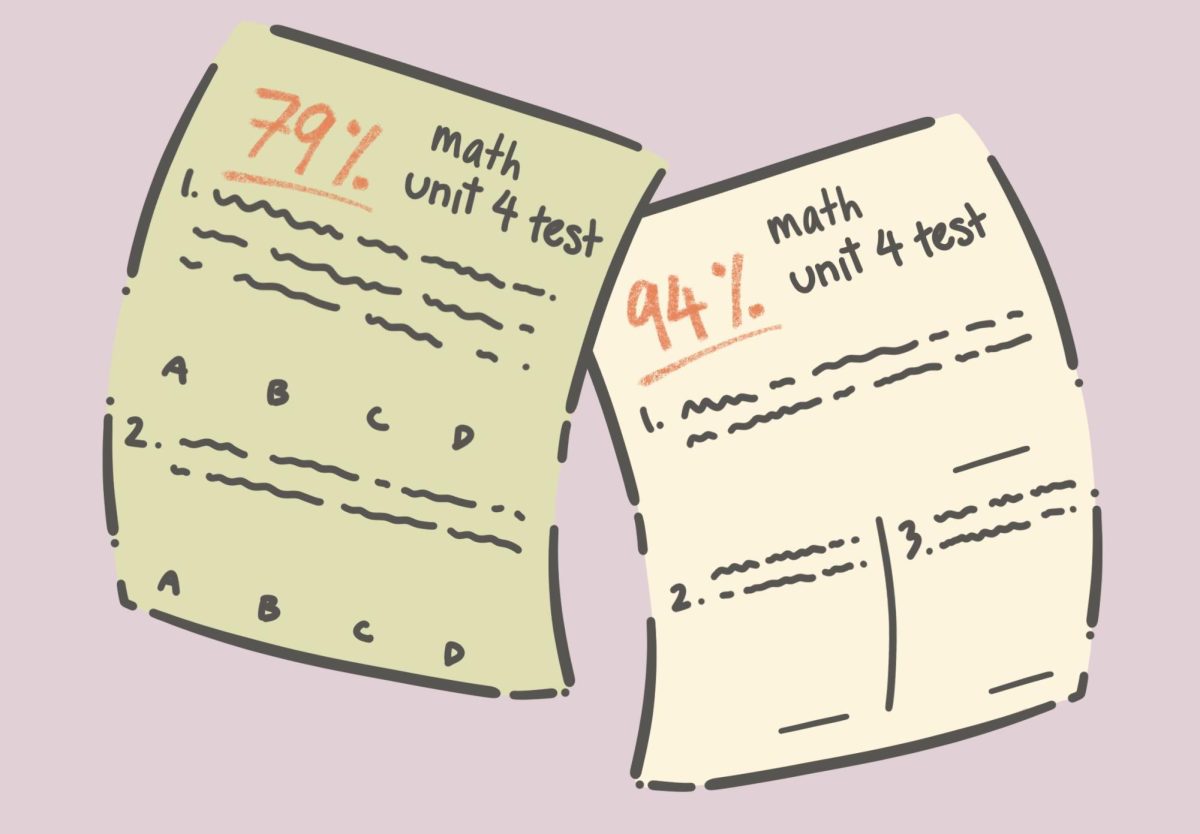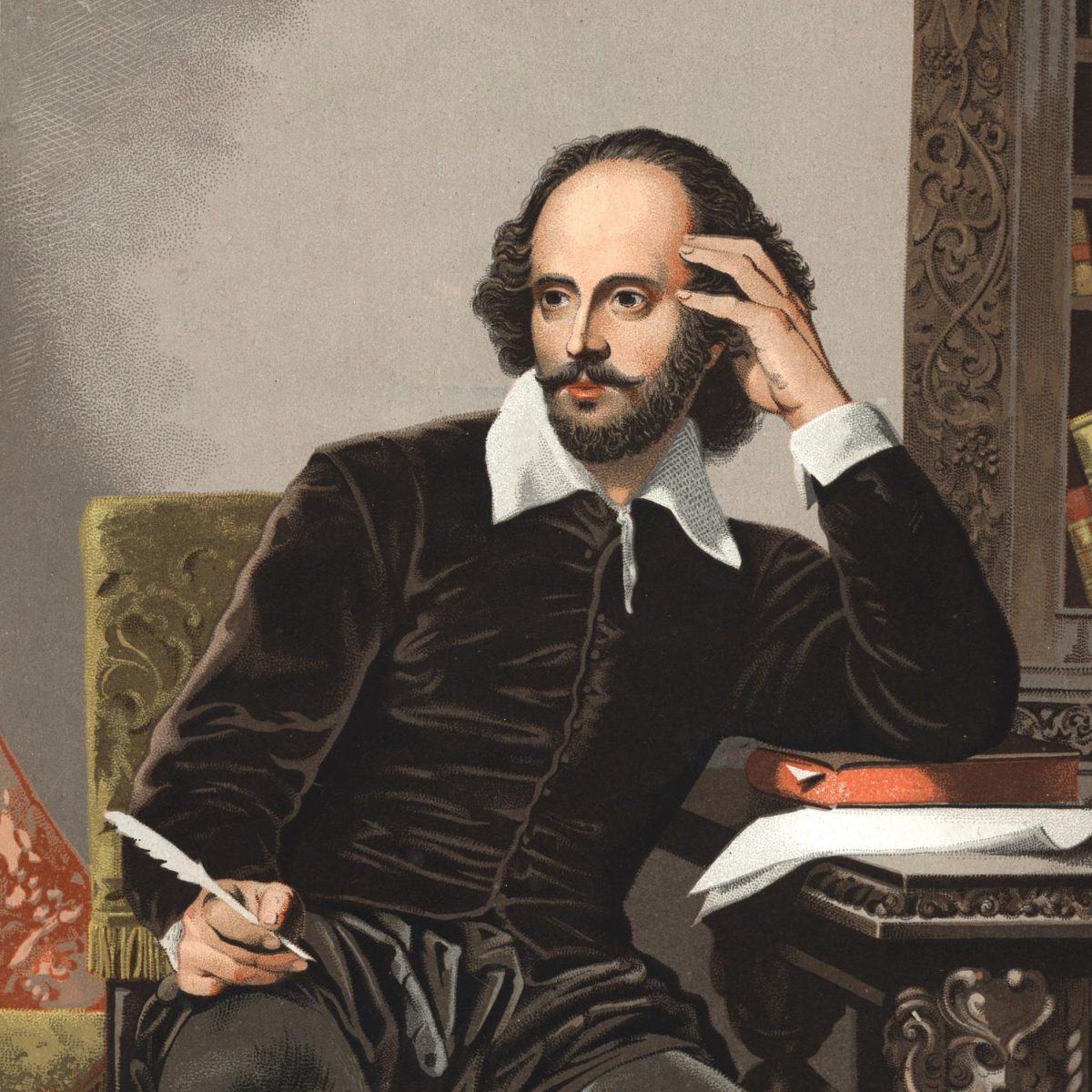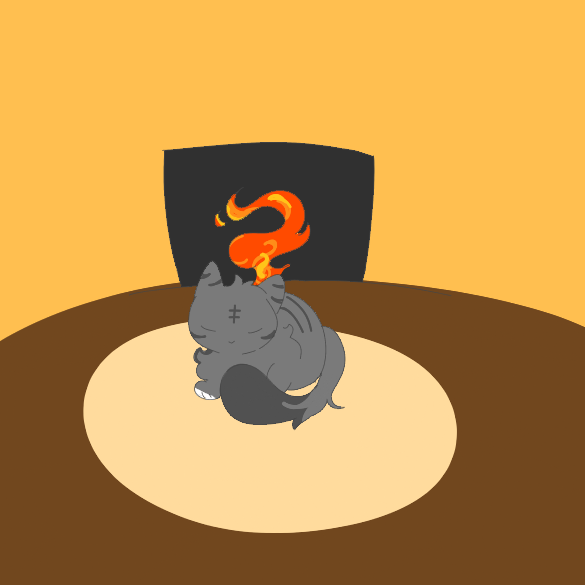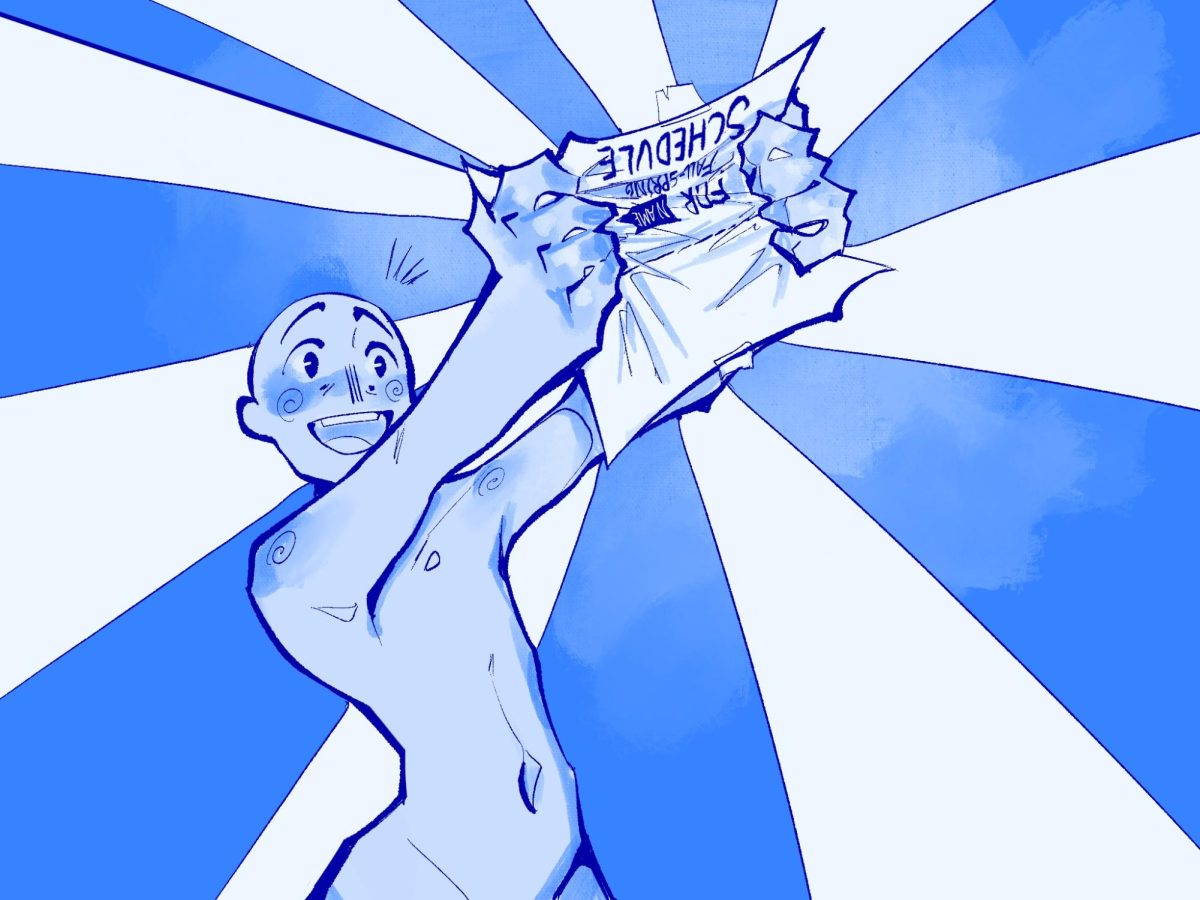In the wake of the horrific shootings at Stoneman Douglas High School and Sante Fe High School in Houston, Texas, a surge of national media attention has fallen on the youth-led protests for increased gun control. Although those under 18 certainly have influence in the public sphere, the reality is that they have little to no power in changing legislation through the democratic process. This has sparked debates about lowering the voting age. Even so, the voting age shouldn’t be changed.
Proponents of a lower voting age argue that the March For Our Lives movement proves that young people can be and are actively involved in politics. In a New York Times article “Why We Should Lower the Voting Age to 16,” Laurence Steinberg writes that cold cognitive abilities, which are used primarily in emotionally passive decisions such as voting, are fully developed by age 16.
In addition, he argues that people who begin voting from a younger age have a higher chance of consistently voting as they get older. Steinberg points out the example set by other countries such as Argentina and Austria, which have extended the vote to 16-year-olds to promote greater voter participation.
Although Steinberg and other proponents of lowering the voting age have some valid points, several glaring holes in their arguments must be addressed.
The first problem is the false idea that all teenagers are actively engaged in politics. Most schools do not have a curriculum for teaching modern-day politics, and even if students choose to take such courses, they are often heavily influenced by the bias of a teacher or other adults.
Furthermore, on top of being relatively disconnected from politics, many teenagers tend to be influenced by the political opinions of their peers. This means that even if teenagers were able to vote in elections, they would most likely vote the same way their classmates and friends did. As teenagers grow older, they are less influenced by what their peers think and more so by the experiences that shape their life.
If teenagers get the right to vote, this hive-mind mentality will only be exacerbated by the growing influence of social media. According to a poll by media company Ipsos Mori, one third of teenagers admitted that they think social media will influence their vote.
Although this change may not seem like a big deal at first, popular sites such as Facebook have a pattern of advertising and showing specific content to people based on their political stances. In these past elections, both the Trump and Obama Campaigns hired analytics companies to purchase voter information from Facebook, and used this for targeted advertising on the social media platform.
If adults, who use social media far less often than most teenagers, can be manipulated in elections, social media companies will have even more control over the inexperienced minds of young teenagers.
Finally, there is a high chance that teenage voters may simply become extra votes for their parents. Teenagers are still under the adult supervision of their guardians, meaning they still do not have complete independence.
When it comes to voting, which is an extremely controversial process in itself, the child may feel obligated to please their parents or even be brainwashed to support a specific political party. Simply put, high schoolers lack the life experience and independence to vote, and their political leanings are generally going to fall under the influence of their parents.
One intriguing idea is to allow 16-year-olds to vote, but with the catch that their vote counts for only a fourth of an adult’s vote. This allows teens to contribute to the political process without giving them the ability to be too influential in elections. The hope is that by the time they’re 18, they’ll be ready to assume to full responsibilities of being a full — and fully informed — voter.

